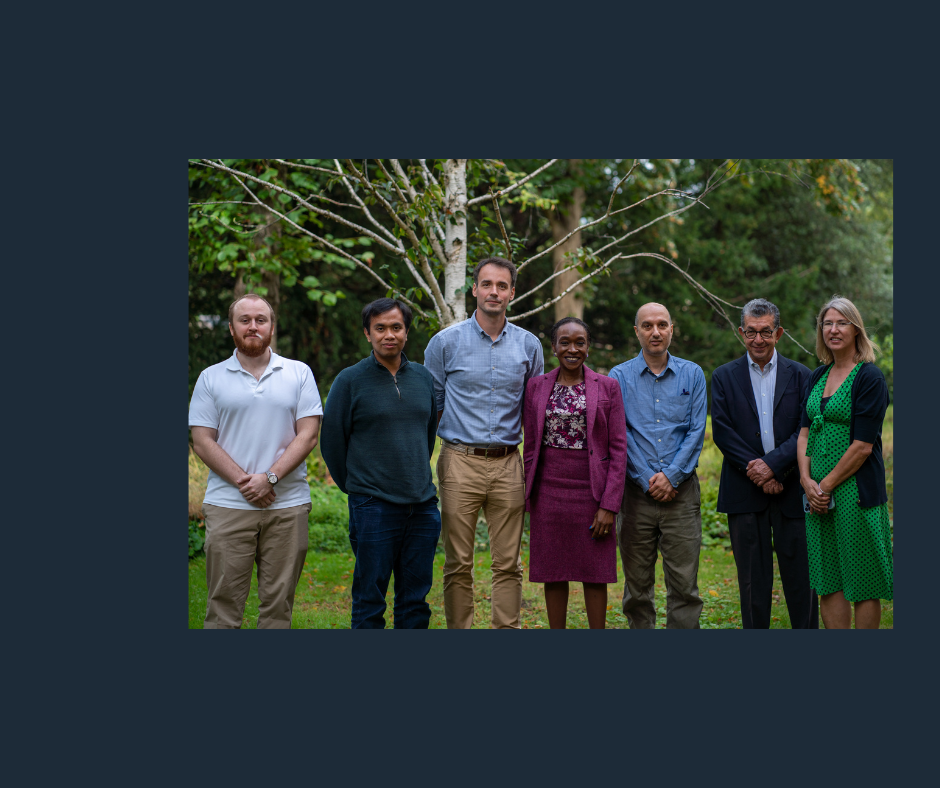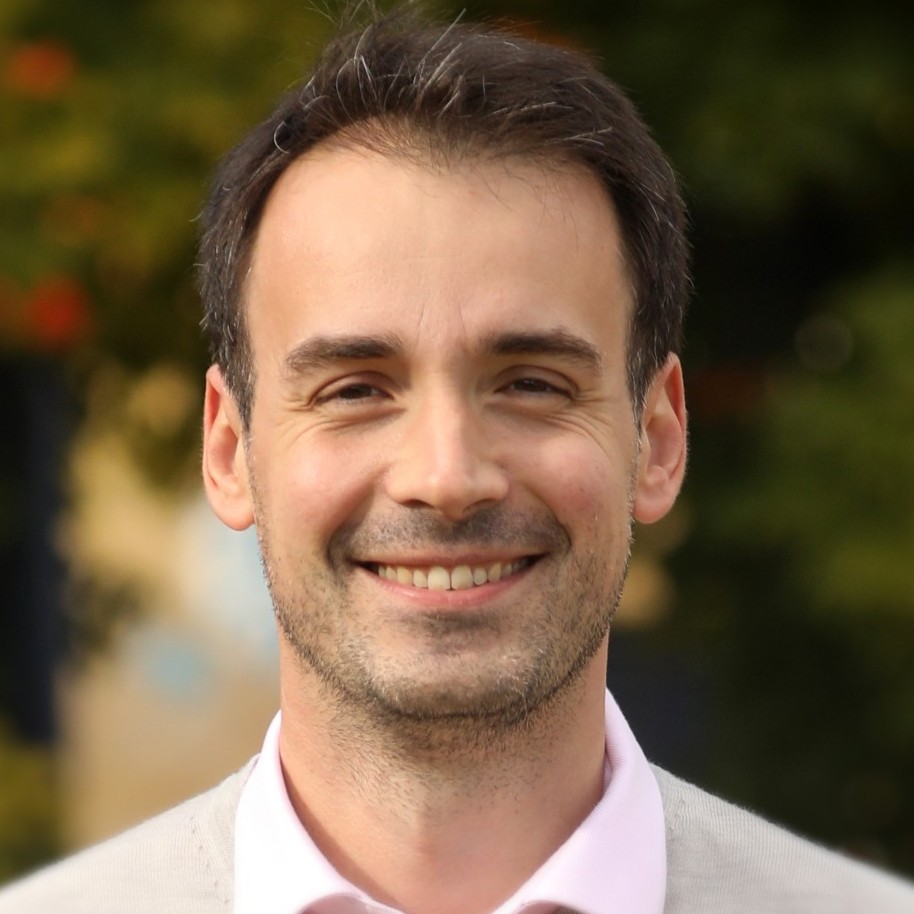Our Story

Our Story
Our technology was born in the Department of Physics at the University of Oxford by the founding team consisting of Brett Larder, Muhammad Kasim, Sam Vinko and Gianluca Gregori. At the time, we were investigating the behaviour of extreme states of matter, working at the interface of plasma physics, fusion energy, and condensed matter physics.
Creating a solution
During his PhD, Muhammad found that there were no tools which could help automate and simplify his computational work, so he developed a code to help manage simulations and perform complex optimisation tasks. The use of this tool was later extended to various research efforts in the Physics Department, as computational projects that used to take years of training to deliver could be conducted efficiently in weeks instead. At the same time, Brett and Gianluca together developed a new type of molecular dynamics simulation package that could be used to model quantum effects in fusion plasmas.
Further work led by Muhammad using active learning to emulate expensive physics simulations captured the attention of researchers and the international press, and it quickly became clear that there is a need for usable access to modern tools that support complex computational workflows. Machine Discovery was born as a spinout company to address these needs. We started operating as a commercial entity from day one, and successfully raised seed investment during the height of the Covid pandemic.
The present situation
We believe a cloud-based solution is needed for us to scale our offering, and Brett leads the effort to develop our core product, the Discovery Platform, as the company’s Chief Technology Officer. At the same time, Muhammad leads the effort of developing the newest generation of emulator technology to address key challenges in the semiconductor space as the company’s Chief Scientific Officer.
Bijan Kiani, Chief Executive Officer, was first introduced to the business during the first round of investment, bringing expertise in leadership and business, and a key interest in the ever-evolving semiconductor space. The team was also very fortunate to be joined early on by Janet Collyer as the board chair, who brings years of experience as an international leader in the semiconductor space. With this executive team in place, Machine Discovery secured a further round of funding in late 2023, and continues to grow its team with key hires in business, software development, research, marketing and finance.
The Discovery Platform and its technology is today being adopted, and its value demonstrated, in the semiconductor and fusion domains, with the team joining the £12M Prosperity Partnership program with the Universities of Oxford, Imperial College and York, and First Light Fusion. The aim of this ambitious programme, the largest of its kind in the UK, is to spearhead the development of commercial fusion energy.
_20240507084009206965.jpg)
Looking ahead
Our vision is to cut the product design development cycle in half by 2027, leveraging our proprietary artificial intelligence (AI) technology. Thanks to the experience and expertise of the team, we are in an ideal space to drive the development of new technology that leverages the power of AI to accelerate and improve all levels of product development, from design to testing, verification, and customer support.
Looking at the broader industry landscape, we have seen generative AI and data science AI applications become the key driver behind the current AI rush. The synergistic operation of AI and wider computational workflows will be more challenging to accomplish, however, the potential benefits will be even greater. Machine Discovery is at the intersection of this transformation, leading the future of AI integration with technologies in semiconductor design, and in the development of fusion energy applications. Our focus will remain on speed, with real-time prediction and system level verification at the core.
